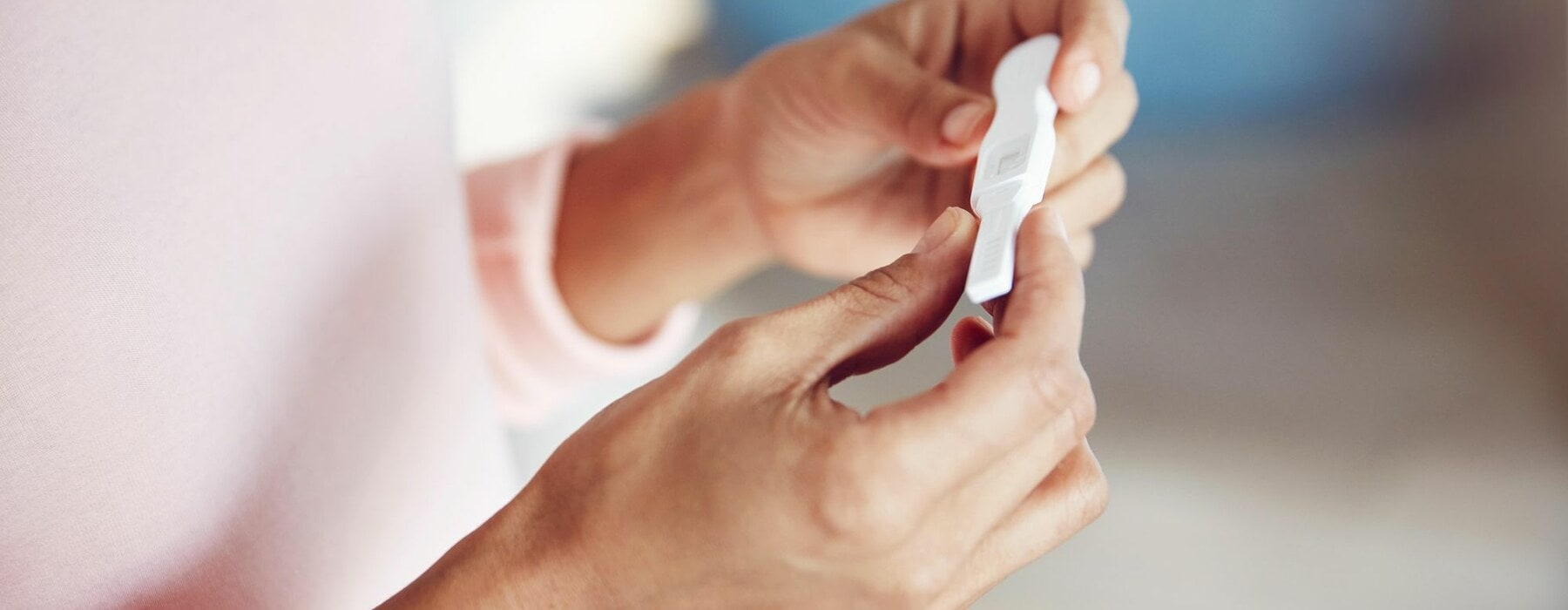Struggling to conceive? An undiagnosed autoimmune disorder could be the reason.
It might just be the circles I hang out in, but it sometimes feels like every second person is gluten-free these days.
Not everyone who’s on a gluten-free diet, though, has been formally diagnosed as having gluten intolerance or coeliac disease – a permanent inability to digest gluten. But that might be a mistake. Getting diagnosed properly can be really valuable, especially if you’ve been having problems with other areas of your health.
One of the ways coeliac disease affects women, in particular, is in the area of fertility. I didn’t know that until recently when the team at Coeliac NZ told me about research into the disease and fertility, which found that between 2.5-10% of women with unexplained infertility are found to have undiagnosed or untreated coeliac disease.
Pip Meads, 35, was one of those women. Diagnosed five years ago, she suspects undiagnosed coeliac disease could have contributed to the health issues she experienced both before and after her first pregnancy. In the months before becoming pregnant, Pip was doing everything right: taking a highly recommended pregnancy multi-vitamin, eating a healthy diet and exercising regularly.
“So it came as a massive shock when my husband and I were told at our 12-week scan that the baby had a severe neural tube defect, and would not survive to term,” she recalls. “After the scan, blood tests showed I had very low levels of iron and folic acid. I kept thinking, ‘How could I not be absorbing those nutrients when I’ve been eating a healthy diet and taking a pregnancy multi-vitamin?’ At the time, no further tests were offered to see why I was deficient in these nutrients. Instead, I was prescribed iron and high-dose folic acid tablets.”
Pip went on to have two healthy children. However, she developed thyroid issues following both of her pregnancies. After two years of struggling with her thyroid and low iron levels, as well as gut issues, her doctor suggested she get tested for coeliac disease.
The antibody blood test was positive, and a biopsy confirmed the diagnosis. She went on to a gluten-free diet straight away.

“Within two weeks of following a gluten-free diet, not only did I start to feel so much better, I also realised just how sick I had been,” says Pip.
“And that the constant bloating and ‘funny tummy’ I had been putting up with for years was not normal!” As well as infertility, miscarriage and other devastating pregnancy outcomes, it’s now known that coeliac disease can cause other issues for women, including menstrual cycle disorders, such as a delayed first menstrual period in adolescents and early menopause.
Dietitian and medical advisor for Coeliac NZ, Sylvia North, says coeliac disease is not only a digestive-related disorder.
“Its effects touch just about every system of the human body,” she explains. “And one of the lesser-known effects is its impact in various reproductive disorders.”
It’s thought one of the reasons why women with coeliac disease have a greater risk of fertility and pregnancy complications could be the damage gluten causes to the intestine in sufferers.
“This damage can cause major disruptions to nutrient levels,” says Sylvia. “These deficiencies can affect hormone metabolism, egg development and uterine health in many ways.”
On top of that, since coeliac disease is an autoimmune condition, the chronic inflammation triggered by gluten exposure in people who are undiagnosed also has a systemic effect.
“This kind of chronic inflammation can alter the function of all organ systems throughout the body,” Sylvia notes. She recommends anyone with unexplained infertility should see a doctor for a test.
This kind of chronic inflammation can alter the function of all organ systems throughout the body
“If diagnosed, the treatment is a strict gluten-free diet for life, to allow healing, reduce inflammation and restore nutrient levels.”
If you’re thinking this sounds familiar and are tempted to start on a gluten-free diet straight away, try to resist that temptation – at least until you’ve had a blood test.
If you haven’t been exposing your system to gluten, testing can throw up a false negative result, and you’ll be no further ahead. If the blood test proves positive, a small bowel biopsy will be ordered to confirm the diagnosis.
Pip says being diagnosed with coeliac disease has been “the best thing for my health”.
“My thyroid issues improved, I have more energy, I no longer suffer from nutrient deficiencies. And all those feelings of being bloated and uncomfortable have been eliminated,” she says.
For more information see coeliac.org.nz








